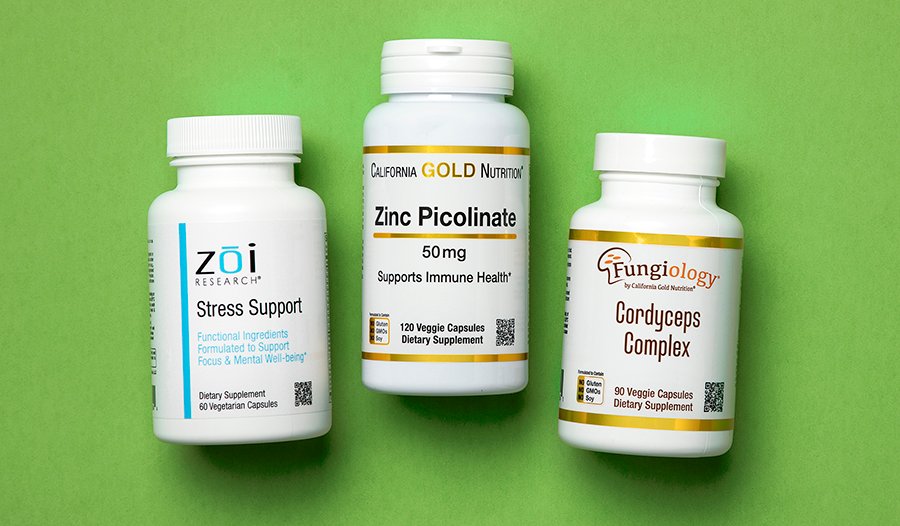Knowing how to evaluate the efficacy of nutrition supplements is essential for making informed health decisions. With so many products on the market, it’s easy to feel overwhelmed by the options. However, understanding a few key points can help you determine whether a supplement is truly effective and suitable for your needs. In this article, we’ll break down the steps to assess their effectiveness so you can feel confident in your choices.
Check the Ingredients
The first step in evaluating the efficacy of nutrition supplements is to carefully examine the ingredients list. Look for active components that are scientifically proven to provide the claimed benefits. For example, omega-3 fatty acids are known to support heart health, while vitamin D is crucial for bone strength.
Avoid products with unnecessary fillers, artificial additives, or excessive amounts of sugar. A short and straightforward ingredient list is often a good sign of a high-quality supplement.

Research Clinical Studies
Reliable supplements are often backed by clinical studies. When learning how to evaluate the efficacy of nutrition supplements, make sure to research any scientific evidence supporting their claims.
Check for peer-reviewed studies from reputable journals or research institutions. Supplements backed by strong evidence are more likely to deliver on their promises. If a product lacks scientific support, it may not be as effective as advertised.
Consider the Dosage
Dosage plays a vital role in determining a supplement’s effectiveness. Even if the ingredients are beneficial, they must be present in the right amounts to provide results.
For instance, a multivitamin with extremely low levels of nutrients may not offer significant benefits. On the other hand, overly high doses can be unsafe. Check the label to ensure the supplement meets the recommended daily allowance (RDA) for its ingredients.
Evaluate the Brand’s Reputation
The company behind the product matters. Reputable brands are transparent about their manufacturing processes, sourcing, and quality control measures.
Look for brands that are certified by third-party organizations like NSF International or the US Pharmacopeia (USP). These certifications show that the product has been tested for purity and quality. Avoid companies with a history of making false claims or using misleading marketing tactics.
Read Customer Reviews
Customer reviews can offer valuable insights into how well a supplement works in real-life situations. When learning how to evaluate the efficacy of nutrition supplements, pay attention to the experiences of others.
Look for patterns in reviews. Consistent positive feedback can indicate that the product is effective. However, if many customers report side effects or poor results, it’s a red flag. Keep in mind that individual experiences can vary, so balance reviews with other forms of research.
Understand Absorption and Bioavailability
Not all supplements are absorbed by the body in the same way. The bioavailability of a product refers to how much of the active ingredient is actually absorbed and used by your body.
For example, some forms of magnesium are more bioavailable than others. Supplements with high bioavailability are more likely to provide the benefits they promise. Check for details on absorption rates or choose products in forms known to be highly bioavailable.
Check for Potential Side Effects
No matter how effective a supplement is, it’s not worth taking if it causes harmful side effects. Before using a product, read about its potential risks and interactions with other medications.
The label should include a list of possible side effects and warnings. If you’re unsure, consult with a healthcare professional to ensure the supplement is safe for you.
Look for Independent Testing
Third-party testing is an excellent way to assess the quality of a supplement. Independent laboratories evaluate products for purity, potency, and contamination.
Supplements that have passed these tests often display certifications on their labels, such as “Lab Tested” or “Certified Clean.” This additional verification gives you confidence in the product’s safety and effectiveness.
Examine the Purpose
When evaluating the efficacy of nutrition supplements, it’s essential to consider why you’re taking them. Are you addressing a specific deficiency, improving athletic performance, or enhancing overall wellness?
Choose supplements that are tailored to your specific needs. For example, iron supplements are effective for individuals with anemia, while probiotics are ideal for gut health. Matching the product to your goals ensures better results.
Consult a Professional
Lastly, always consult with a healthcare provider before adding new supplements to your routine. They can offer personalized advice based on your health history, current medications, and dietary needs.
A doctor or dietitian can also help you avoid ineffective or harmful products and recommend trusted brands. Their guidance is invaluable in navigating the vast array of options.
Conclusion
Understanding how to evaluate the efficacy of nutrition supplements is crucial for making informed decisions about your health. By examining the ingredients, checking for scientific support, and considering factors like dosage, absorption, and brand reputation, you can confidently choose products that work for you.
Remember, supplements are most effective when paired with a balanced diet and healthy lifestyle. Take the time to research and consult with professionals to ensure you’re making the best choices for your body.









